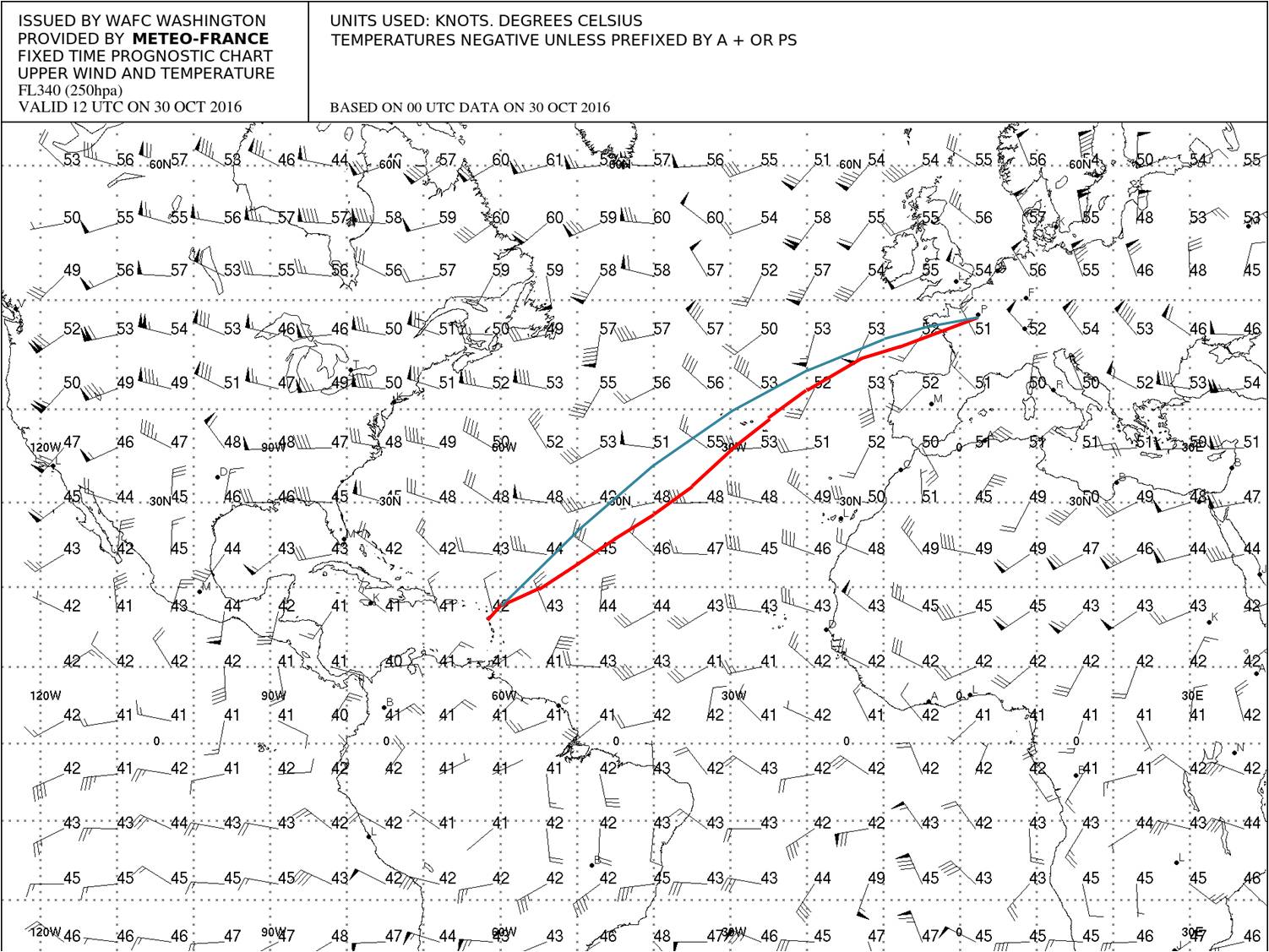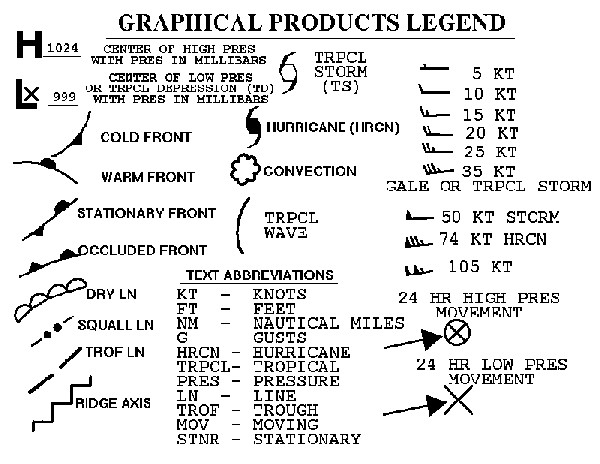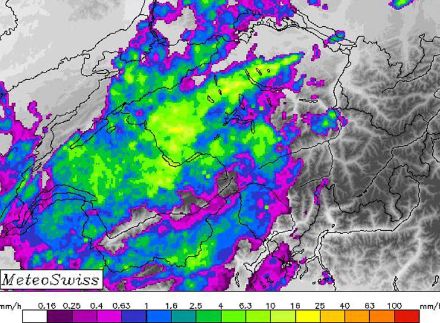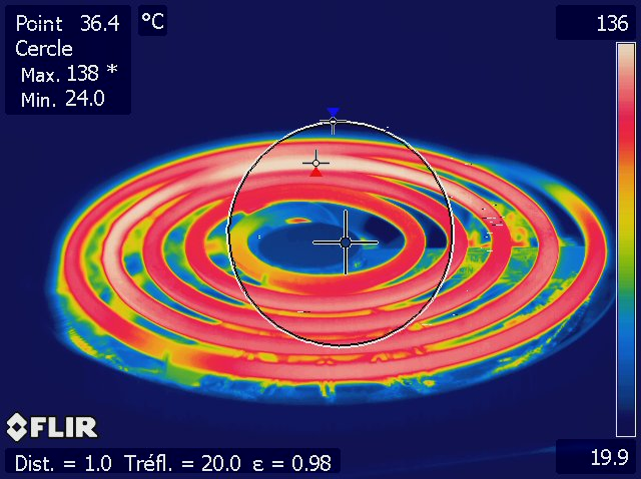This website is the result of an intensive collaboration between Luna Descamps, Fanny Schaepelynck, Léah Crabé and Louise Valin, then students, Michela Sacchetto, lecturer, Christophe Alix, then director of ESA Le 75, and Luuse collective.
It arose from a desire to explore the issues surrounding documentation, and in particular the documentation of performance art. What forms can it take? To what extent is it an editorial act? Is documentation possible without betraying the work it claims to present? These questions were at the heart of a series of work sessions over 2 years, which highlighted the need to classify the elements of documentation by arbitrary and random factors.
All of perform-id.eu's media are archived according to the direction and intensity of the wind at the time it was captured. The metadata extracted from photo, audio and video files, thanks to open-meteo data, have brought to new classifications, sometimes unexpected, and to compare archives that would not otherwise have been possible.
Using this information as a starting point, Luuse drew inspiration from the way winds are designed on weather maps, creating an alphabet based on the barbules and stems of the winds. Radar imagery used to visualise air masses also contributed to the aesthetics of the website. This is reminiscent of infra-red thermal images, where bodies appear in spectral forms.
Perform-id.eu is a static website written in html, css, javascript and python, using markdown, yaml, jpg, png, mp3, pdf and vimeo file formats. These files are then organised using jinja2. It is hosted by tactic asbl.
The typography of the texts is Director, designed by Justine Herbel and May Jolivet and distributed by Velvetyne, under the terms of the SIL Open Font Licence.




